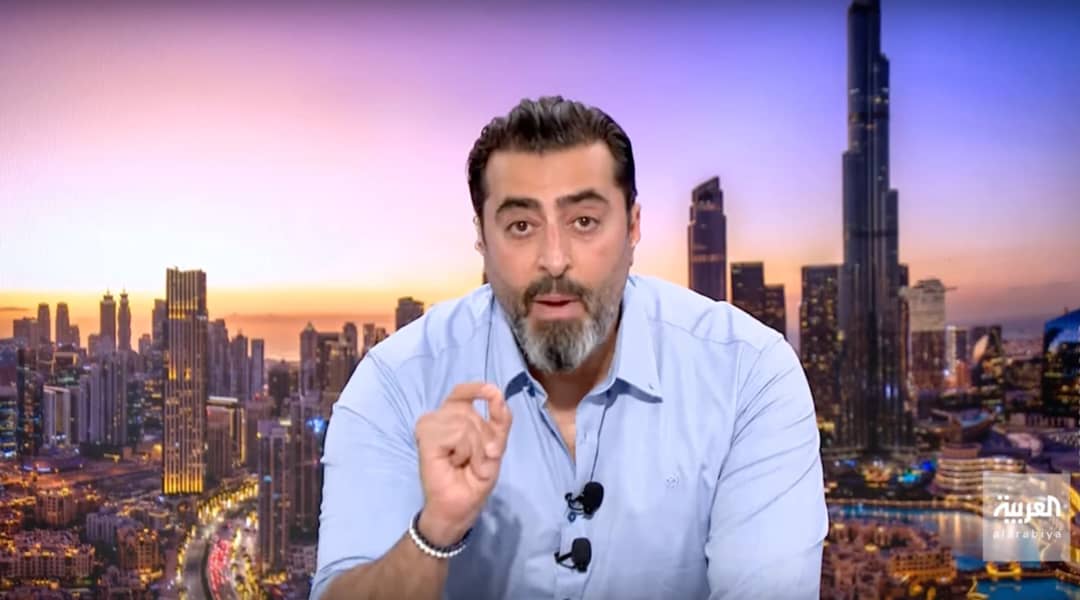Bassam Yakhour apologizes for his political statements and reveals details of his return to Syria

In an appearance on the program "Controversial" on Al Arabiya channel, Syrian actor Bassam Yakhour sparked wide controversy after his frank talk about his previous positions and refuting accusations directed at him, offering a public apology to those hurt by his words.
Yakhour expressed regret for getting involved in politics, saying: "I wish I hadn't spoken or said anything in any of the previous interviews I did before," indicating that he preferred to express his opinions through artistic works rather than media statements. He also apologized "from the heart" to those who "were hurt or offended" by his words, acknowledging that some of his statements in the past year "hurt the feelings of many," as his friends and family pointed out to him.
After the fall of the Assad regime, Yakhour returned to the Syrian capital Damascus in a move that surprised some, where he revealed his initial fear of returning, especially with "some artists getting involved in politics and the impact of that on how the public perceives them." However, he emphasized that Syria remains "his country and natural place," noting that the reactions he witnessed on the ground differed from what is circulated on social media, describing them as "sometimes controversial and not a true reflection of reality."
In response to circulating accusations, Yakhour strongly denied "fabricating statements" attributed to him, such as the quote "Syria is gone and I will not return to it," describing it as "fabricated to justify the attack on him." He also denied having a close relationship with Maher al-Assad, confirming that he only met him "three times between 2009 and 2024," and the meetings were aimed at helping his colleagues in the artistic community, not for personal gain.
Furthermore, he defended himself against accusations of abandoning his colleagues in roles of the elderly, explaining that circumstances prevented them from contacting their families, and that it was "their personal choice."
Yakhour also discussed the concept of "political maneuvering," considering that change is a "natural right" that personal or security circumstances may impose, saying: "Circumstances and fear may push a person to change their opinion."
He also revealed the feelings of fear and anxiety that overcame him after the fall of the regime, considering that the country was heading towards the "unknown," and that he preferred "known evil over the unknown" at that time.
In conclusion, Yakhour affirmed that this episode marks the "end point" of any political talk from his side, pointing out that he paid a "heavy price" whenever he delved into this field, revealing "new faces" to him. He concluded by thanking his audience who stood by him, describing them as "family and loved ones."